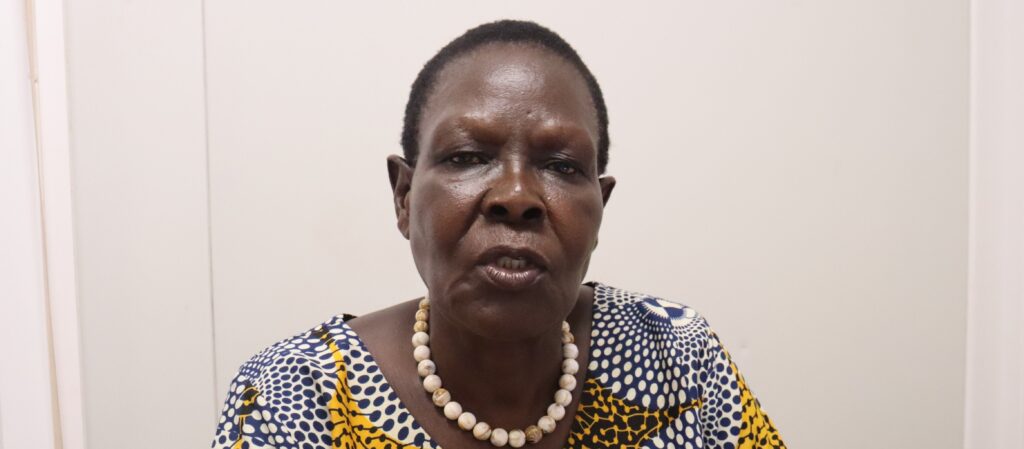The National Empowerment of Positive Women United (NEPWU), a network representing people living with HIV in South Sudan, has raised alarm over the Trump administration’s suspension of U.S. foreign aid for 90 days, warning that it could jeopardize the lives of nearly 200,000 individuals reliant on HIV treatment programs.
At a press conference in Juba on Monday, NEPWU’s Executive Director, Evelyn Letio Unzi, highlighted the severe impact of the funding freeze on critical initiatives supported by the U.S. President’s Emergency Plan for AIDS Relief (PEPFAR) and USAID. These programs have been instrumental in providing HIV treatment, prevention, and care services across the country.
“South Sudan, with an estimated 200,000 people living with HIV, depends heavily on international aid to manage and curb the epidemic,” Unzi said. “PEPFAR’s contributions have been pivotal in ensuring access to life-saving treatment and care services.”
Since the suspension was announced, Unzi revealed that approximately 1,500 people across five states have missed their HIV treatment appointments and are no longer receiving medication.
“In this short time, around 1,500 individuals on HIV treatment have missed their drugs and appointments, interrupting their care,” she said. “This means they are no longer adhering to their treatment regimens.”
The funding freeze has also led to the layoffs of community outreach workers who play a crucial role in delivering therapies, collecting viral load samples, and providing adherence counseling, often in remote areas up to 25 kilometers from health centers.
Unzi appealed to U.S. policymakers to reconsider the aid suspension, emphasizing the dire consequences for public health. “We urge American policymakers to prioritize HIV care, prevention, and treatment programs,” she said. “Sustained support is critical to safeguarding the health of millions and maintaining the progress achieved over the past decades in a country where healthcare infrastructure is fragile and HIV remains a significant challenge.”
According to Unzi, 70% of NEPWU’s funding comes from PEPFAR. She called on the South Sudanese government to step in and fill the gap left by the suspension of foreign aid.
“This is a wake-up call for our government to reduce reliance on foreign aid and take immediate action to address this shortfall,” she said. “We urge the government to inject more domestic funds into the fight against HIV to strengthen healthcare services and ensure the well-being of its citizens.”
Unzi stressed the need for the government to take greater responsibility for the health of its people. “There is a need for the government to take full control of the lives of its citizens by improving health centers, providing comprehensive treatment packages, and enhancing living conditions for taxpayers,” she added.
The suspension of U.S. aid has sparked concerns among health advocates, who fear it could reverse years of progress in combating HIV in South Sudan, where healthcare systems remain underdeveloped and vulnerable to external shocks.




